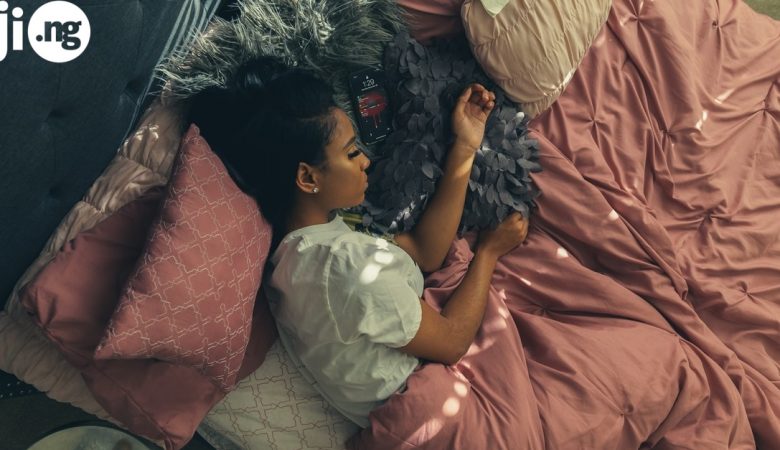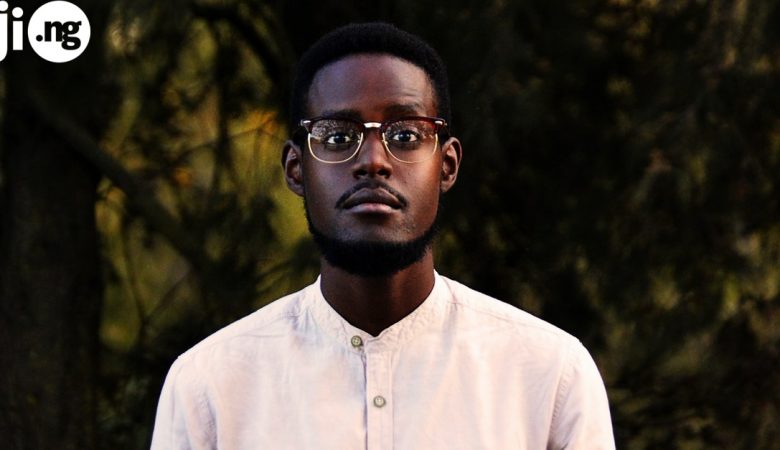Marriage is the union of a couple, which officially announces them husband and wife. But is this definition complete? Nigerian culture marriage is filled of so many interesting and diverse rituals and meanings. Altogether, they make every wedding more than just moving together or getting a stamped document.
Four types of marriage in Nigeria are commonly distinguished: traditional, customary, religious, and civil. These are entirely different forms of marriage, each with its own dos & don’ts, must-haves & nuances. Interestingly, all four forms of marriage do not come as separate, but rather complement one another.
Traditional Marriage
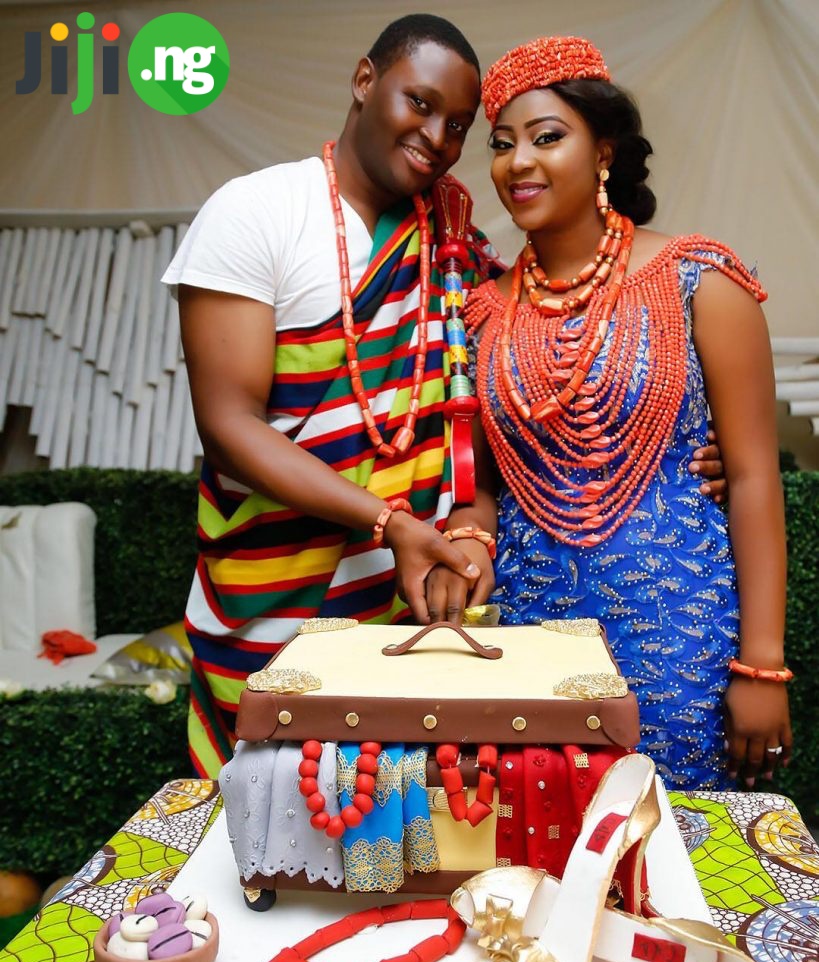
This is a element of customary marriage. It is the oldest and the most significant stage of marriage in general. The main part of Nigerian traditional marriage is the paying of the bride. Interestingly, the marriage is not considered valid without this short but significant ceremony even today!
The price is paid to fiance’s father by future husband. Traditionally, a groom brings everything that is on the bride’s list. It is possible to negotiate and cut down items on the introduction day. Sometimes ceremony includes eating and drinking, but mostly couples decide not to arrange an extra party.
Customary marriage
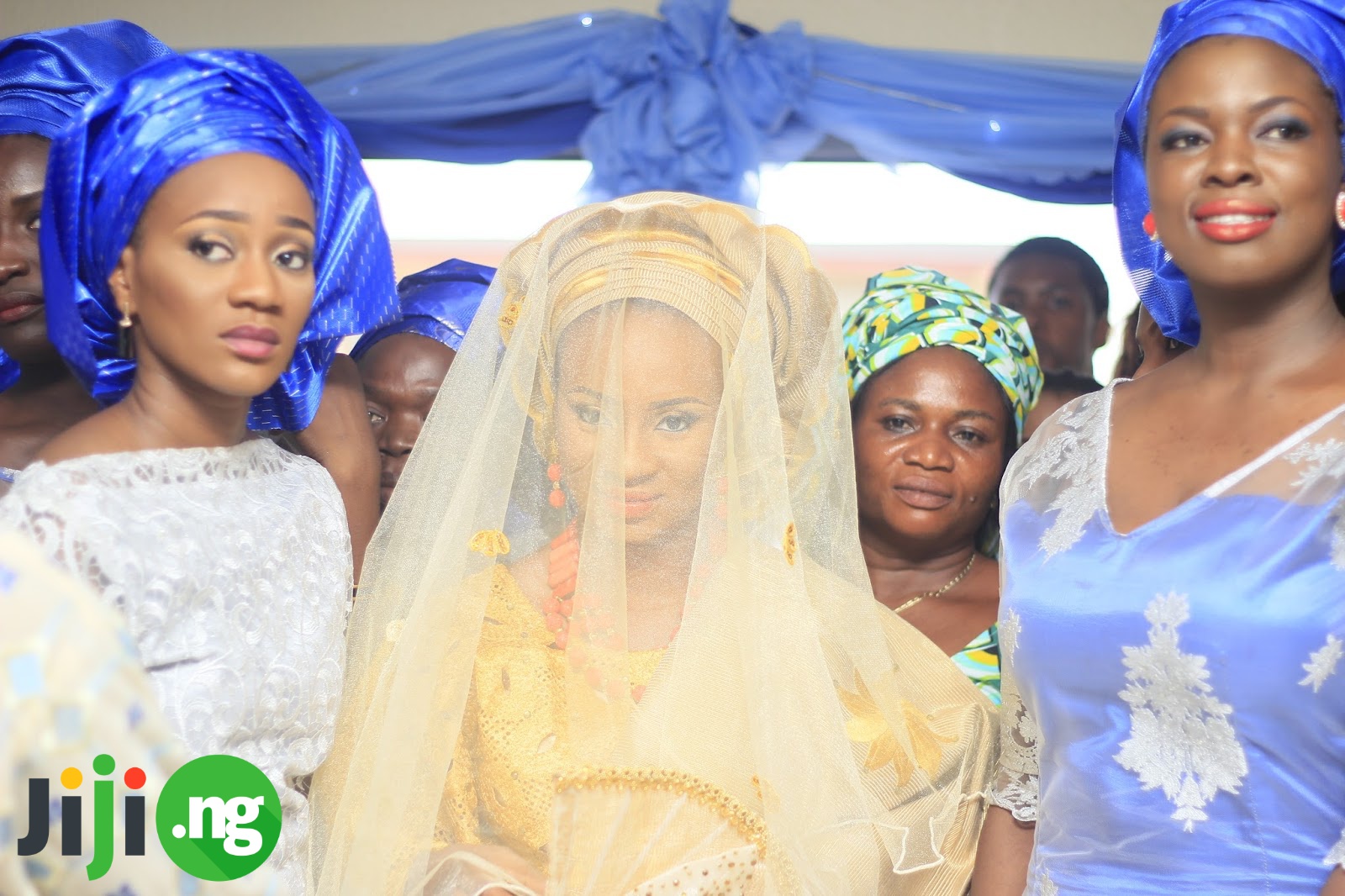
This is rather general term, which consists of several rituals and ceremonies. As you can guess from the name, it is rooted in ancient customary law. Besides payment of the bride’s price described above, it includes introduction — the step preceding to actual marriage.
The main point of this procedure is to let families know each other. Bride’s family guest’s groom’s one. They get acquainted and discuss important things about future ceremony. This is an opportunity to set on the date, define the size of payment, talk over the guest list, etc.
There is one more interesting custom — door knocking. At this point, a groom visits bride’s family to announce his intentions to contract marriage. Sometimes it happened even before bride found out. Young people still seek consent from elders nowadays, although it’s rather conventional.
Religious wedding
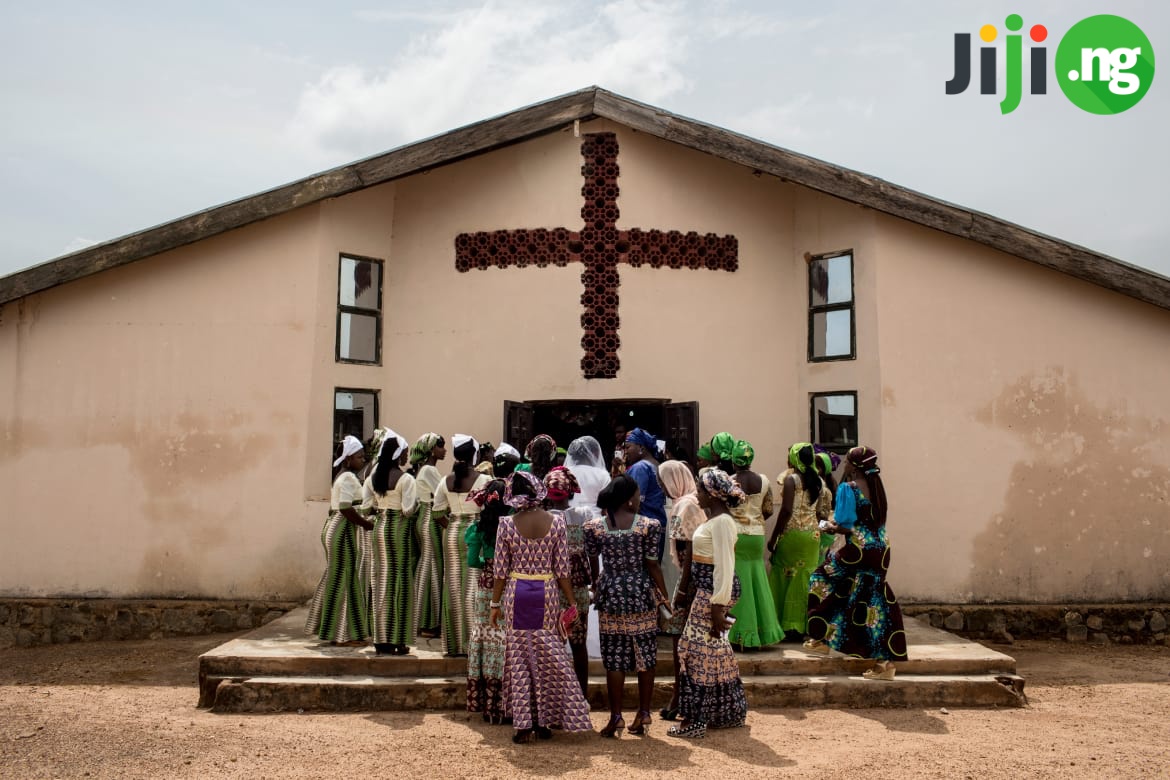
Special aspects of religious wedding depend on weather the couple is Christian or Islamic. This is a divine aspect of couple’s union, where they search for consent from supreme forces they believe in. Interestingly, some couples decide to make it one whole with wedding party and arrange white wedding.
Sometimes couples can get marriage certificate after religious ceremony — without necessity to attend registry office. If you are interested in this opportunity, you should choose a temple that is licensed and certified by state for registration. Nevertheless, this is certainly not the core aspect.
Civil wedding
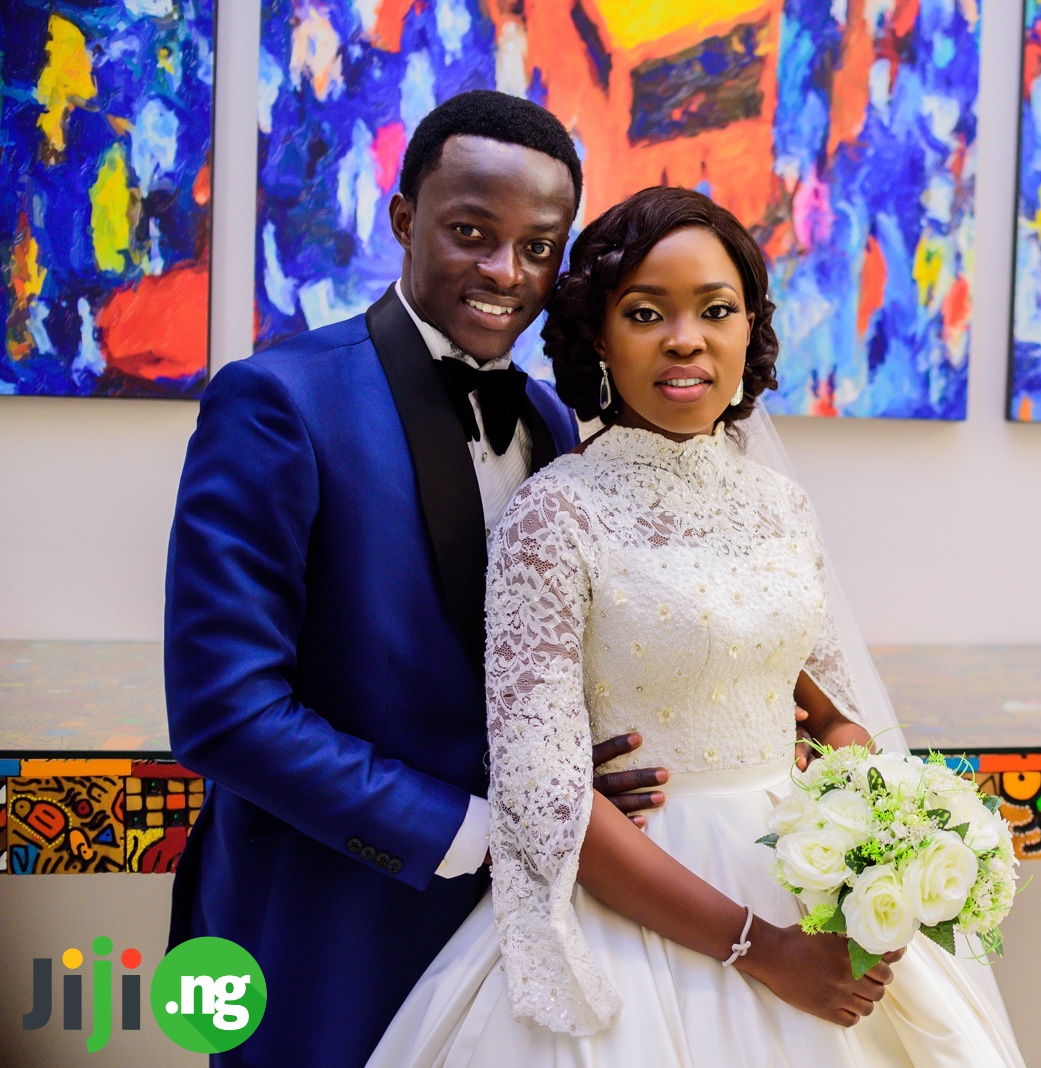
This is rather modern stage among all forms of marriage in Nigeria. Also known as “court marriage,” it is formal registration with getting a wedding certificate. From now on, the marriage is considered valid by government bodies. Although it is the latest, it is obligatory in Nigeria.
Nigerian wedding dresses
Nigerian wedding attire is one more little but significant piece of the puzzle known as Nigerian traditional wedding. Brides and grooms have two options: go with modern white dress or traditional attire. The choice depends on personal preferences and often of the style of the party.
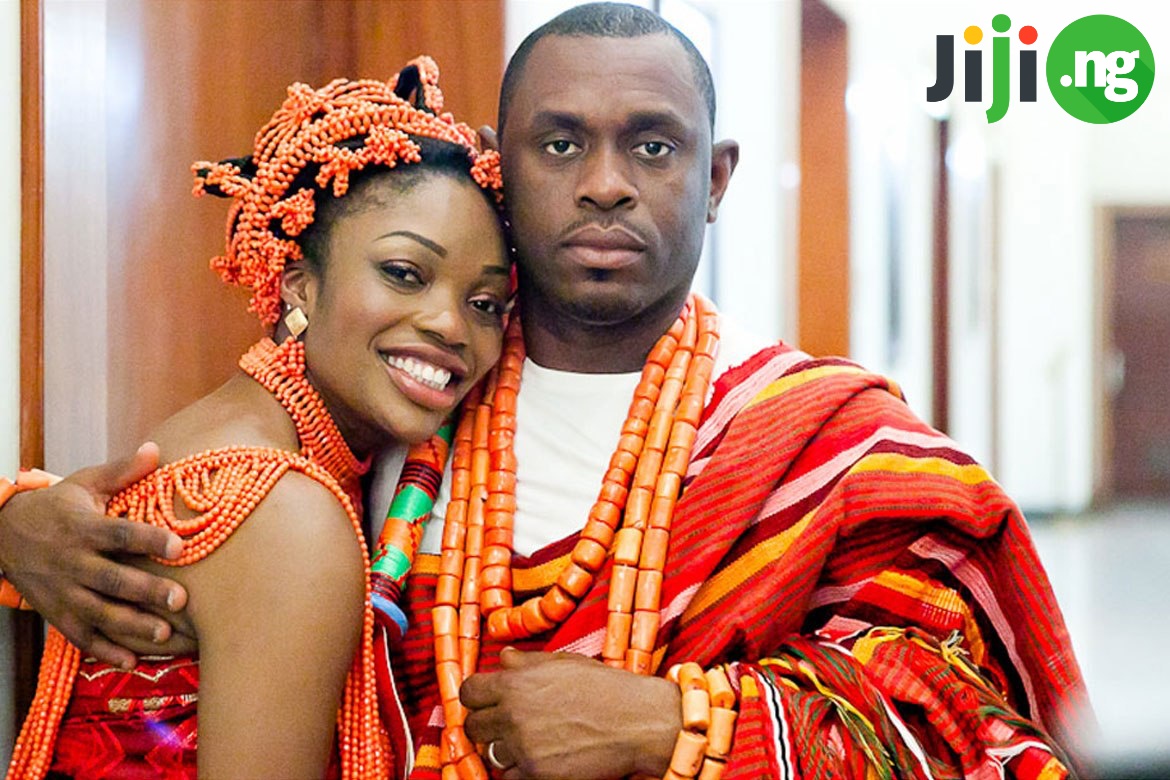
Lately more and more couples decide to go with the second option. Traditional wedding gowns and costumes are bright and original. At the same time, they remain very elegant. Modern wedding Ankara gowns and Aso Ebi styles are real masterpieces that cannot be found in any other country.
Types of weddings differ by purpose and meaning. Each is an important step to building a family. It is up to bride and groom to decide how to organize and spend their wedding. The most important thing is spend this day surrounded by people, who love and care about them.


